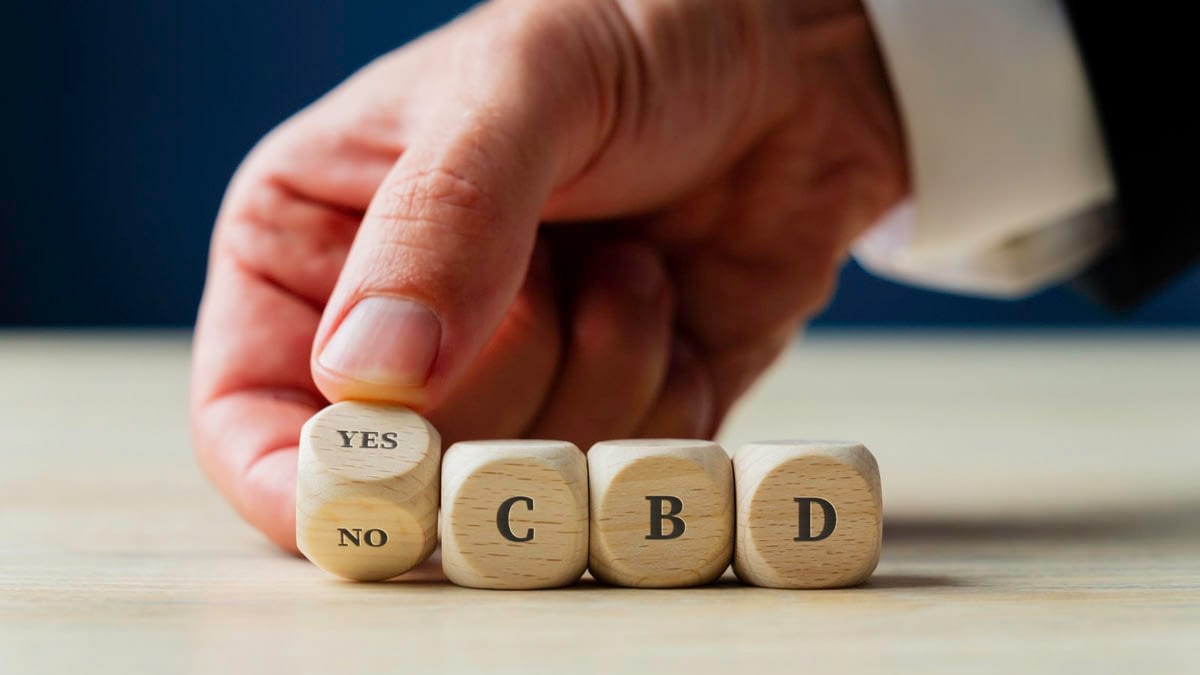Cannabidiol (CBD) is a substance derived from the well-known cannabis plant. There are hundreds of cannabinoids in the cannabis plant but among the most popular ones are Cannabidiol (CBD) and Tetrahydrocannabinol (THC). The latter is responsible for creating “high” effects on users. Unlike THC, CBD does not produce any psychoactive effects.
CBD related products are exploding in many world markets. These products are being used to treat many health issues such as anxiety, depression, pain, blood pressure, insomnia, and more. Recently, it is also discussed about CBD’s ability to treat diabetes. Read on to find out if CBD can help with diabetes and should you use it if you have diabetes?
Table of Contents
What is diabetes?
Diabetes is a serious health condition that occurs when the pancreas cannot provide enough insulin to the body. This condition leads to an increase in blood sugar levels, also known as hyperglycaemia.
Three main types of diabetes are as follows:
- Type 1 diabetes. Although it can affect people of any age, this type of diabetes is more likely to affect children and adolescents. Having type 1 diabetes, the body produces little or no insulin at all. This leads to the need for daily insulin injections.
- Type 2 diabetes. If you have this type of diabetes, your body does not properly manage the insulin it produces, cells are resistant to insulin. It is the type 2 diabetes that affects the majority of people, mostly adults. To contribute to its treatment, a healthy lifestyle is needed.
- Gestational diabetes. It is a condition where blood sugar levels are high during pregnancy. This type of diabetes can bring complications to mother and child.
Can CBD help with diabetes?
Since diabetes is an inflammatory condition, CBD can help with treating it, as it is known for its anti-inflammatory effects. Studies carried out until now have shown that CBD could have positive effects on reducing insulin and improving blood sugar levels for people with type 2 diabetes who do not take insulin.
Regarding the effects of CBD, so far studies have been done mainly in mice and rats. Although the results may be different in humans, the researchers found that the effects of CBD in mice lowered cholesterol, stabilized blood sugar levels, and improved insulin production.
According to a study published in 2020 in Drug and Alcohol Dependence, cannabis use increased by 340 percent from people with diabetes in the 2005 to 2018 period. Some health professionals have already declared that CBD could play a very important role in stabilizing blood sugar in the body. However, more research is still needed to understand the real effects of CBD on diabetes.
Types of diabetes are different from each other, but they are all related to the amount of glucose in the blood. CBD oil is known for its good effects on treating pain as well. Thus, patients with type 2 diabetes could use CBD to relieve nerve pain. Many users have reported that CBD has reduced nerve pain, improved their blood sugar levels as well as their sleeping.
Another study published in the journal Autoimmunity found that CBD could reduce the risk of developing diabetes in nonobese diabetic mice.
What’s the best CBD oil to use if I have diabetes?
If you have any type of diabetes and you want to use CBD oil, the first thing recommended for you is to consult your doctor and not mix CBD with other medications as this could make the condition worse. However, if you are already allowed to use CBD oil, consider buying it manufactured by a reputable company and be aware of what is written in its content as well as whether that content is accurate.

What are the main CBD forms?
CBD related products can be found in various forms, starting from CBD capsules, CBD oil, CBD creams, lotions, etc.
Are there any CBD side effects?
Researchers are still studying cannabidiol, but the results of studies carried out so far have shown that CBD is safe to use and could be considered a powerful natural remedy for treating many health issues. At the same time, the use of CBD can also be associated with some possible side effects. Some of them include:
- Fatigue
- Diarrhea
- Dry mouth
- Drowsiness
- Appetite changes
- Weight changes
These effects could appear if you have been taking CBD in wrong dosage. Hence, in order to avoid any possible side effects after taking CBD at any form, talk to a doctor, especially if you are taking any regular medications.
Final words
CBD has been studied recently for its potential impact on alleviating the symptoms of many health problems like heart disease, depression and anxiety, acne, insomnia, diabetes, etc. CBD is available in different forms and you can take it in two methods, orally or topically. It is considered safe to use so far as it does not produce any psychoactive effects, however, research about it is still ongoing and probably there are many things to learn in the future about this popular compound.




/the-benefits-of-digestive-enzymes-89446-primary-d6640289890f45c6ac1392750cf16a32.jpg)
